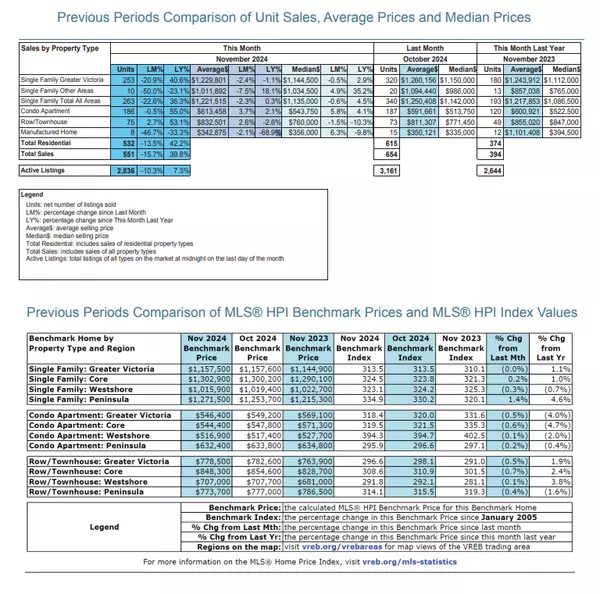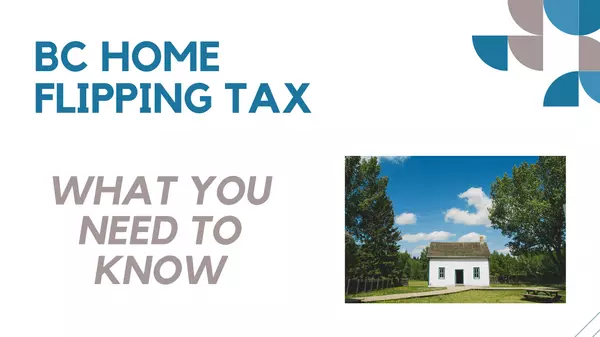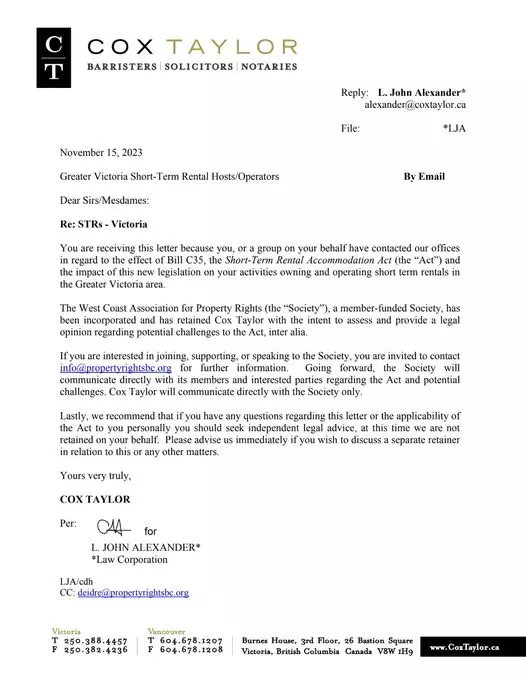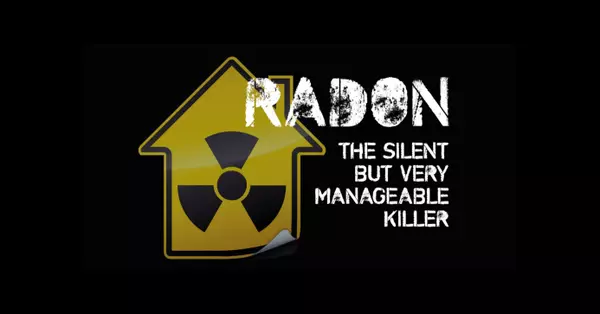
Did you know? - Smoking in a Strata Lot
Did you know? Strata Tips - Smoking Restrictions in Strata Corporations Smoking restrictions have been implemented in many different areas of our society, and strata corporations are no exception. More and more stratas are adopting smoking restriction bylaws or rules, and here’s how they’re doing it

Renovating A Strata?
Many people intend to renovate their strata lot either before or shortly after moving in. So, what exactly should your clients know about renovating a strata lot? It's crucial they understand the approval process and plan accordingly. If you are unsure whether your planned renovations require stra
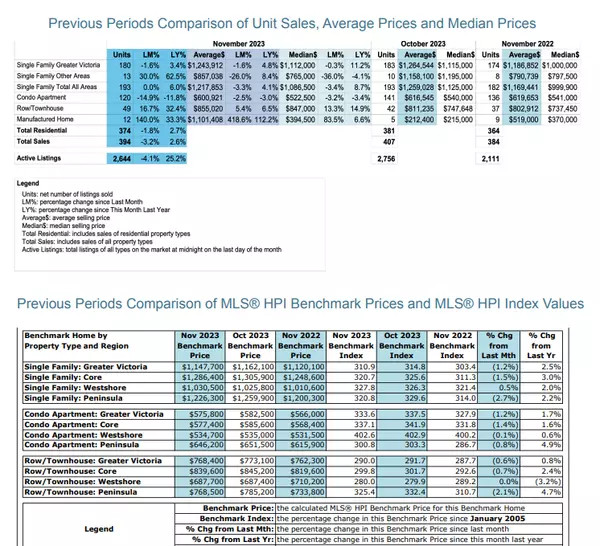
November Market Update.
In November, the Victoria Real Estate Board region saw a total of 394 properties change hands, marking a 2.6% uptick from the 384 properties sold in the same month last year. However, this figure represents a 3.2% decline from the sales recorded in October 2023. Condominium sales experienced an 11.8
Categories
Recent Posts
